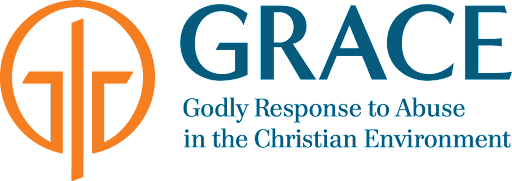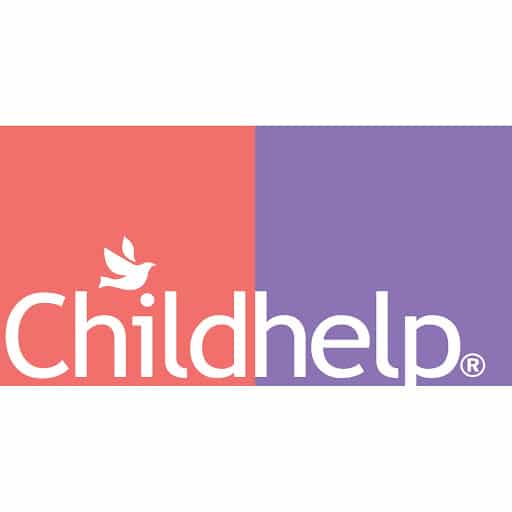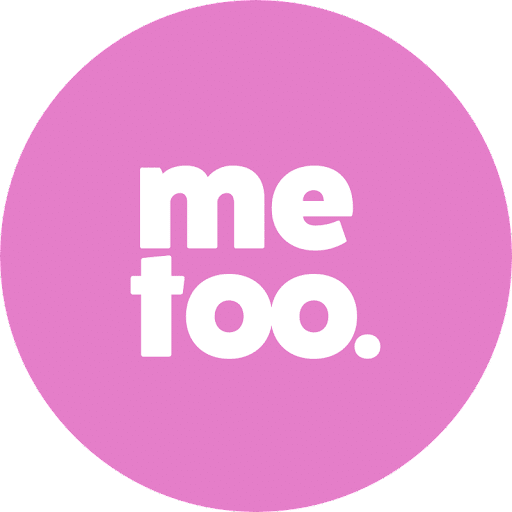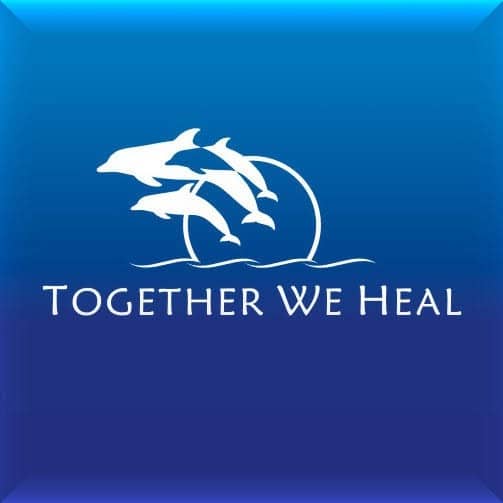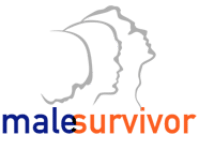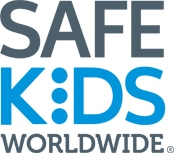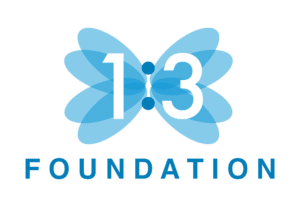Survivors of sexual abuse are fighting back and mobilizing a new social movement, a great social movement approaching the power and influence of the Civil Rights Movement and the Women's Movement. There is a dramatic shift in political power, judicial accountability, legislative action, and social awareness.
After years of silence, survivors are coming forward to forge this new movement which has shifted the balance of power and created hundreds of national organizations in the last twenty years.
The website explores the Survivors Movement and this historic moment in time that is changing the world.
Survivors of sexual abuse are fighting back and mobilizing a new social movement, a great social movement approaching the power and influence of the Civil Rights Movement and the Women's Movement. There is a dramatic shift in political power, judicial accountability, legislative action, and social awareness.
After years of silence, survivors are coming forward to forge this new movement which has shifted the balance of power and created hundreds of national organizations in the last twenty years.
The website explores the Survivors Movement and this historic moment in time that is changing the world.
Survivors of sexual abuse are fighting back and mobilizing a new social movement, a great social movement approaching the power and influence of the Civil Rights Movement and the Women's Movement. There is a dramatic shift in political power, judicial accountability, legislative action, and social awareness.
After years of silence, survivors are coming forward to forge this new movement which has shifted the balance of power and created hundreds of national organizations in the last twenty years.
The website explores the Survivors Movement and this historic moment in time that is changing the world.
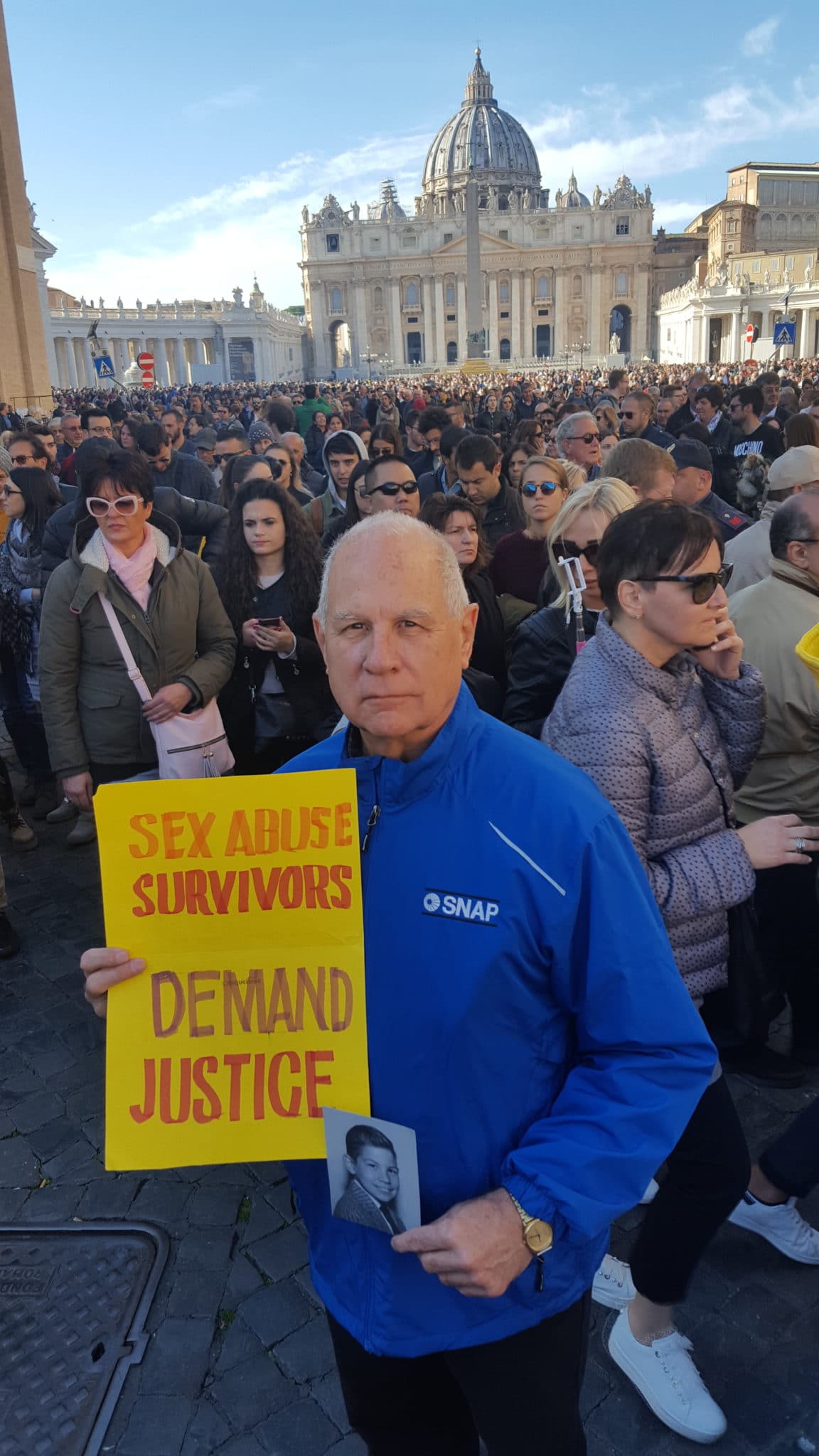
Survivor Support
Survivor Support
You are not alone
You are not alone
This essay gives survivors who first come forward guidance, support, and hope. It was written by our founder, Barbara Blaine who created the largest survivor organization in the world, SNAP. Her leadership helps hundreds of thousands of victims of rape and sexual abuse step out of the darkness into a future of hope and self-determination. Barbara’s wisdom is shared here.
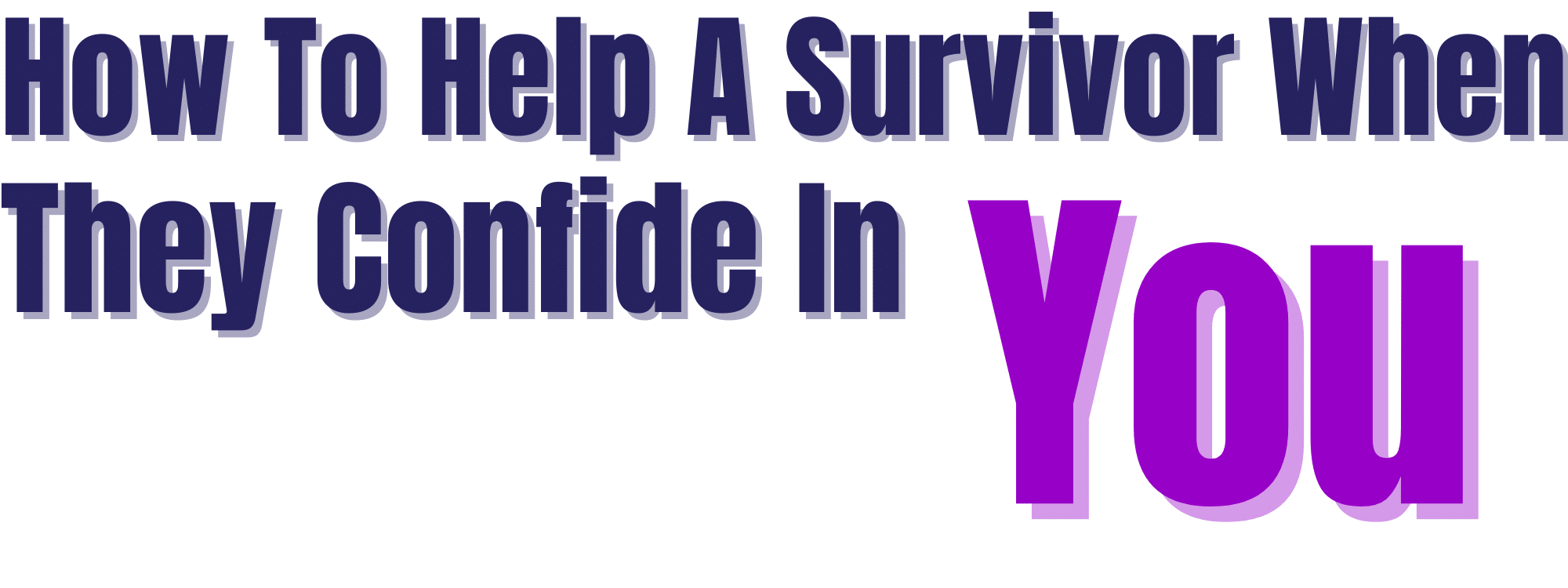
The starting point for helping a survivor is to establish trust, rapport, and a personal connection. Listen. It is important to allow a person an opportunity to tell their story and possibly vent.
Listening is a gift you give to the survivor. Acknowledge and honor their courage in sharing their story. The conversation may start off slow or awkward, you may be the first person they have shared their story. It is their story, be patient and give them space.
SNAP, an organization that I have been part of for fourteen years values both peer support and self-help solutions. We can support them by sharing our experiences. We can refer them to local and national resources. We can listen without judgment; be a good listener.
We also need to keep in mind, we cannot solve another person’s problems. Self-help is the foundation for their healing. At every point, it is important to assure them that we will do everything possible to ensure complete confidentiality.
- Thank them for trusting you. Tell them they are very brave for coming forward. Don’t push for details or ask probing questions.
- Let them vent their anger, sadness, and despair. If they seem very despondent, check if they feel like hurting themselves or if they may be suicidal. (If so, refer them suicide hotline, 1-800-SUICIDE (1-800-784-2433). Don’t try to fix it with “cheer up” comments, listening is a gift that comforts those in pain.
- At some point in the conversation be sure to include these messages:
- The abuse is/was not your fault.
- It won’t always hurt this much. You can get better.
- You are courageous. It took courage to acknowledge the abuse and to call.
- You are strong. You did survive the abuse. You are not alone.
- SNAP members and I are here to support and help.
- Thanks for trusting me and talking to me.
- Please stay in touch and call again/come to the next meeting/meet me for coffee (try to get a commitment for more contact). Survivors must make an effort for their own healing; my organization, SNAP is a self-help organization.
- Please read “Survivors Wisdom” on the SNAP web page.
- Thank them for trusting you. Tell them they are very brave for coming forward. Don’t push for details or ask probing questions.
- Encourage them to consult an attorney, especially before they report their abuse to the offending institution. They should try to speak with several attorneys, just so they know what their rights are. They should not go to the church alone.
- Encourage them to consult a therapist. Again, they should try several until they find someone they can work comfortably with. They can get referrals through a local rape crisis center, a local SNAP leader, or the search function on Psychology Today.
- Give the person some resources to deal with this issue:
www.SNAPnetwork.org
Find SNAP Near You
SNAP Resources for Survivors
SNAP groups and national SNAP events
Rape Incest Abuse National Network
Male Survivor
G.R.A.C.E. Baptist
National Association of Adult Survivors of Child Abuse
Bishop Accountability - If they want to join SNAP, you should direct them to the SNAPnetwork.org website or fill out a membership with as much information as they feel comfortable giving you (sometimes it’s just a telephone number and a first name). Send the completed form to the SNAP Office, PO Box 16376, Chicago, IL 60616. Email at SNAP@SNAPnetwork.org or by telephone to: 877-762-7432
- The information will be entered into SNAP’s confidential database.
- Contact the Executive Director, a member of the Board of Directors, or another SNAP Leader for more information or help, if necessary, as a follow-up after your initial telephone conversation. https://www.snapnetwork.org/contact
Remember, as a peer or a friend, you can’t fix everything. Listening is a gift. If the survivor that you are talking with is in extreme crisis (homeless, suicidal, under the influence of drugs) they will need to talk with a homeless hotline, a suicide hotline, or a drug counselor right away. All of these resources can be found online. By encouraging them to seek out these resources for themselves, you are keeping your trust in them.
Remember that the decision to seek help is ultimately up to the survivor.
What we offer is a non-judgmental ear, some experience, and understanding, a peer. It is a great gift, but it will not solve everything without the victim’s participation. We are a self-help group

- Go to any large library or Catholic university. Get a copy of the Official Catholic Directory (OCD) for the years that you are interested in. It lists names of all clergy by year and it lists all the dioceses.
Find the years you are interested in then you can look up the diocese and find the parish and find who was assigned to your parish or school at that time. Or you can go to the index and find the abuser that way. The Directory is organized by year.
For instance, if You know that you were abused in _____ diocese in 1975, then get the 1975 OCD, go to the ______ diocese and find the clergy assigned there. Then go to years before and after 1975 to find the assignment of the predator. Follow the career.
It takes a little research, but you can follow the career of the abuser. It lists all the assignments of all the clergy. It will help find out when he was ordained, where he/she was assigned, etc. This is the best resource.
- Go to www.bishopaccountability.org (BA) Search by diocese and name of abuser. BA has a database that lists all the publicly known clergy abusers. Keep in mind these are public documents, those clergy abusers not cited in newspapers or court documents are not listed.
Invest some time in BA. They have a million documents (really!) and have a treasure trove of documents.
BA has also an overall analysis of seminaries. They also have links to newspapers that have done a fair amount of research in dioceses around the US. (Pass on any documentation, notes, etc. that you acquire and develop to BA. Even though they may not be able to post it immediately it may help substantiate other cases.)
- Most dioceses are dishonest and refuse to list religious order priests (Jesuits, Salesians, Christian Brothers, Franciscans, etc) in their disclosures. So, go to the religious order of the abuser and get their list.
- Check the local newspaper archive or go to your local central library and search newspaper archives for the time period you are interested in. You can also search through the website, http:/newspaperarchive.com/us/ It is a paid service but they do have a wealth of information.
- Place an advertisement in the local newspapers where your abuser was assigned, including neighborhood newspapers. You only need to place a simple statement in a personal ad such as --
“Do you know the priest, Father Peter B. Murphy, at St. Patrick’s parish around the time period 1963 to 1965? Please contact me at __email or P.O. Box_________ All information will be held in confidence.”
I used this technique and I found it very effective. I placed ads in some small town newspapers where my abuser was located. The ad was very simple like the example above. I got six response, four of them mentioning Murphy’s abuse of adolescent minors and children.
- Contact your family, friends and neighbors. They may have a picture of the picnic for altar boys or other pictures of the abuser. Collect school pictures, ask about friends of friends, etc. Get out the family album, etc. Those closest to you can be a powerful source. Search for an old diary or Christmas cards or notes mentioning the abuser.
- Go to the diocese and search old diocesan newspapers. You can make up some ruse, “I am searching family history,” etc. I used this ruse to good effect. Similarly, there may have been a school newspaper or a parish bulletin that may add useful information.
- Go to an old survivor discussion board https://www.tapatalk.com/groups/snapsurvivorsnetwork/ (previously http:/snapsurvivorsnetwork.yuku.com/) Most of the data is old and it takes patience to ferret out information. But it does provide a wealth of historical information provided by other survivors that may be of some help.
- Keep in mind there are other organizations that research abuse:
Baptist http://stopbaptistpredators.org/index.htm Their name says it all.
Jehovah’s Witness http://www.silentlambs.org/assistance/index.cfm
RAINN The Rape, Abuse and Incest National Network has a wealth of information and links to many other organizations.
Cults http://www.xfamily.org/index.php/Main_Page
Mennonite https://www.themaplist.org/
Google Search (name, title, ‘sexual abuse’, location, etc.)
- Contact the local SNAP leader in the area where you were abused. They may know of other victims of the same abuser. Sadly and tragically abusers harm dozens if not hundreds of children, more than likely you were not the only victim. The local SNAP leader may know of other resources (Knights of Columbus annual report, amateur sports team, altar boy picnics, school plays, etc.) that the abuser was identified. Lastly, your local SNAP leader can help provide references for therapists, counselors, and legal advisors.
- Two resources: whitepages.com and 411.com
- Update 2020
- ProPublic published a list of predators. See:
https://projects.propublica.org/credibly-accused/
- National Enquirer https://www.nationalenquirer.com/
The Enquirer began a series of disclosures by looking at states alphabetically. The first issue, February 10, 2020, addresses A, B, and C states. I did not see an online list. Unsure if they completed past A, B, and C listing.
I urge you to take notes! And date them! Really, there can be a fair amount of information available and to keep it straight, take notes, otherwise, it may lead to the necessity of researching the material again. (Been there, done that.) Contact me if you need more help.
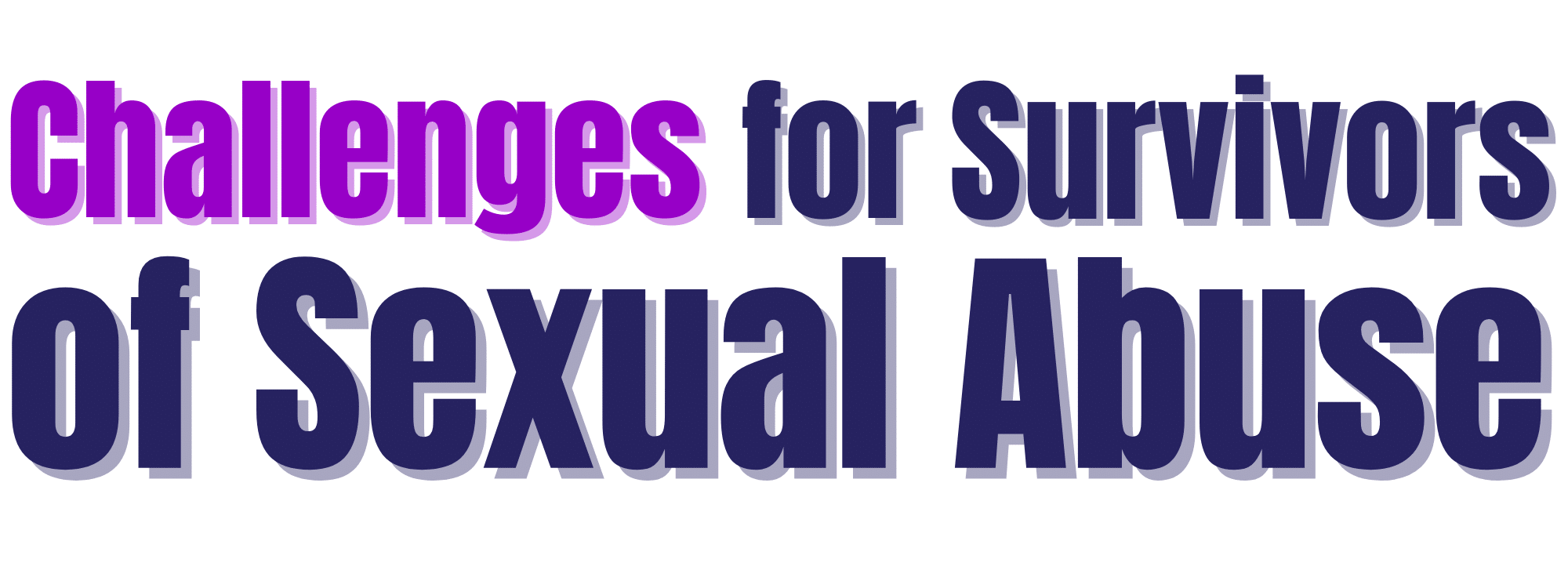
There is criticism of victims of sexual abuse because it takes them decades to report the rape or sexual abuse. These unbelieving critics want to use this delay to demolish an accusation. There are many reasons for the delay.
I was raped and abused by my parish priest when I was twelve; the sexual molestation lasted for months. Some memories surfaced after thirty years. Memories of the violent and life-threatening rape did not surface for fifty years later.
At every point in this discussion, please note two important facts about those sexually abused as children:
- According to CHILDUSA.org the average of a victim coming forward from childhood sexual abuse is 52 years old.
- According to RAINN.org and D2L.org, the majority of victims never come forward.
Other causes of the delay in reporting:
- Many suffer from the unwanted feelings of guilt and shame that are placed on them. Victim shaming is, sadly, a cultural blot on our society.
- Tied to shaming is self-blaming where the victim laments actions, and what should I have done, could I have done more to fight back, etc.? Related to shaming are feelings of humiliation.
- Some worry that others would take action, for example, a child victim might not report because they believe the father would kill the perpetrator. Or they don’t want the kindly predator to get in trouble.
- One major cause of not reporting earlier is the fear that no one will believe them. Predators groom the victim and groom those around the victim. So many predators cultivate charm and good nature to gain access and blanket themselves in other good work. The fear of victims that they will not be believed is intense. Sadly, and regretfully, some victims believe it was their fault.
- The predator may be a family member that the victim does not want to be ostracized by the family.
- Their job or professional standing will be harmed if they step forward. The power differential dominates silence in the workplace and other locations of hierarchy and privilege.
- Tragically rape and sexual assault directly attack self-worth so a victim may be so beat down that reporting is not seen as an option.
- Lastly, there are severe psychological effects that are so dramatic that it cripples a victim. Another tragedy unfolds, they may be that the harm done to the victim is pushed aside, disassociated.
This essay gives survivors who first come forward guidance, support, and hope. It was written by our founder, Barbara Blaine who created the largest survivor organization in the world, SNAP. Her leadership helps hundreds of thousands of victims of rape and sexual abuse step out of the darkness into a future of hope and self-determination. Barbara’s wisdom is shared here.

The starting point for helping a survivor is to establish trust, rapport, and a personal connection. Listen. It is important to allow a person an opportunity to tell their story and possibly vent.
Listening is a gift you give to the survivor. Acknowledge and honor their courage in sharing their story. The conversation may start off slow or awkward, you may be the first person they have shared their story. It is their story, be patient and give them space.
SNAP, an organization that I have been part of for fourteen years values both peer support and self-help solutions. We can support them by sharing our experiences. We can refer them to local and national resources. We can listen without judgment; be a good listener.
We also need to keep in mind, we cannot solve another person’s problems. Self-help is the foundation for their healing. At every point, it is important to assure them that we will do everything possible to ensure complete confidentiality.
- Thank them for trusting you. Tell them they are very brave for coming forward. Don’t push for details or ask probing questions.
- Let them vent their anger, sadness, and despair. If they seem very despondent, check if they feel like hurting themselves or if they may be suicidal. (If so, refer them suicide hotline, 1-800-SUICIDE (1-800-784-2433). Don’t try to fix it with “cheer up” comments, listening is a gift that comforts those in pain.
- At some point in the conversation be sure to include these messages:
- The abuse is/was not your fault.
- It won’t always hurt this much. You can get better.
- You are courageous. It took courage to acknowledge the abuse and to call.
- You are strong. You did survive the abuse. You are not alone.
- SNAP members and I are here to support and help.
- Thanks for trusting me and talking to me.
- Please stay in touch and call again/come to the next meeting/meet me for coffee (try to get a commitment for more contact). Survivors must make an effort for their own healing; my organization, SNAP is a self-help organization.
- Please read “Survivors Wisdom” on the SNAP web page.
- Thank them for trusting you. Tell them they are very brave for coming forward. Don’t push for details or ask probing questions.
- Encourage them to consult an attorney, especially before they report their abuse to the offending institution. They should try to speak with several attorneys, just so they know what their rights are. They should not go to the church alone.
- Encourage them to consult a therapist. Again, they should try several until they find someone they can work comfortably with. They can get referrals through a local rape crisis center, a local SNAP leader, or the search function on Psychology Today.
- Give the person some resources to deal with this issue:
www.SNAPnetwork.org
Find SNAP Near You
SNAP Resources for Survivors
SNAP groups and national SNAP events
Rape Incest Abuse National Network
Male Survivor
G.R.A.C.E. Baptist
National Association of Adult Survivors of Child Abuse
Bishop Accountability - If they want to join SNAP, you should direct them to the SNAPnetwork.org website or fill out a membership with as much information as they feel comfortable giving you (sometimes it’s just a telephone number and a first name). Send the completed form to the SNAP Office, PO Box 16376, Chicago, IL 60616. Email at SNAP@SNAPnetwork.org or by telephone to: 877-762-7432
- The information will be entered into SNAP’s confidential database.
- Contact the Executive Director, a member of the Board of Directors, or another SNAP Leader for more information or help, if necessary, as a follow-up after your initial telephone conversation. https://www.snapnetwork.org/contact
Remember, as a peer or a friend, you can’t fix everything. Listening is a gift. If the survivor that you are talking with is in extreme crisis (homeless, suicidal, under the influence of drugs) they will need to talk with a homeless hotline, a suicide hotline, or a drug counselor right away. All of these resources can be found online. By encouraging them to seek out these resources for themselves, you are keeping your trust in them.
Remember that the decision to seek help is ultimately up to the survivor.
What we offer is a non-judgmental ear, some experience, and understanding, a peer. It is a great gift, but it will not solve everything without the victim’s participation. We are a self-help group

- Go to any large library or Catholic university. Get a copy of the Official Catholic Directory (OCD) for the years that you are interested in. It lists names of all clergy by year and it lists all the dioceses.
Find the years you are interested in then you can look up the diocese and find the parish and find who was assigned to your parish or school at that time. Or you can go to the index and find the abuser that way. The Directory is organized by year.
For instance, if You know that you were abused in _____ diocese in 1975, then get the 1975 OCD, go to the ______ diocese and find the clergy assigned there. Then go to years before and after 1975 to find the assignment of the predator. Follow the career.
It takes a little research, but you can follow the career of the abuser. It lists all the assignments of all the clergy. It will help find out when he was ordained, where he/she was assigned, etc. This is the best resource.
- Go to www.bishopaccountability.org (BA) Search by diocese and name of abuser. BA has a database that lists all the publicly known clergy abusers. Keep in mind these are public documents, those clergy abusers not cited in newspapers or court documents are not listed.
Invest some time in BA. They have a million documents (really!) and have a treasure trove of documents.
BA has also an overall analysis of seminaries. They also have links to newspapers that have done a fair amount of research in dioceses around the US. (Pass on any documentation, notes, etc. that you acquire and develop to BA. Even though they may not be able to post it immediately it may help substantiate other cases.)
- Most dioceses are dishonest and refuse to list religious order priests (Jesuits, Salesians, Christian Brothers, Franciscans, etc) in their disclosures. So, go to the religious order of the abuser and get their list.
- Check the local newspaper archive or go to your local central library and search newspaper archives for the time period you are interested in. You can also search through the website, http:/newspaperarchive.com/us/ It is a paid service but they do have a wealth of information.
- Place an advertisement in the local newspapers where your abuser was assigned, including neighborhood newspapers. You only need to place a simple statement in a personal ad such as --
“Do you know the priest, Father Peter B. Murphy, at St. Patrick’s parish around the time period 1963 to 1965? Please contact me at __email or P.O. Box_________ All information will be held in confidence.”
I used this technique and I found it very effective. I placed ads in some small town newspapers where my abuser was located. The ad was very simple like the example above. I got six response, four of them mentioning Murphy’s abuse of adolescent minors and children.
- Contact your family, friends and neighbors. They may have a picture of the picnic for altar boys or other pictures of the abuser. Collect school pictures, ask about friends of friends, etc. Get out the family album, etc. Those closest to you can be a powerful source. Search for an old diary or Christmas cards or notes mentioning the abuser.
- Go to the diocese and search old diocesan newspapers. You can make up some ruse, “I am searching family history,” etc. I used this ruse to good effect. Similarly, there may have been a school newspaper or a parish bulletin that may add useful information.
- Go to an old survivor discussion board https://www.tapatalk.com/groups/snapsurvivorsnetwork/ (previously http:/snapsurvivorsnetwork.yuku.com/) Most of the data is old and it takes patience to ferret out information. But it does provide a wealth of historical information provided by other survivors that may be of some help.
- Keep in mind there are other organizations that research abuse:
Baptist http://stopbaptistpredators.org/index.htm Their name says it all.
Jehovah’s Witness http://www.silentlambs.org/assistance/index.cfm
RAINN The Rape, Abuse and Incest National Network has a wealth of information and links to many other organizations.
Cults http://www.xfamily.org/index.php/Main_Page
Mennonite https://www.themaplist.org/
Google Search (name, title, ‘sexual abuse’, location, etc.)
- Contact the local SNAP leader in the area where you were abused. They may know of other victims of the same abuser. Sadly and tragically abusers harm dozens if not hundreds of children, more than likely you were not the only victim. The local SNAP leader may know of other resources (Knights of Columbus annual report, amateur sports team, altar boy picnics, school plays, etc.) that the abuser was identified. Lastly, your local SNAP leader can help provide references for therapists, counselors, and legal advisors.
- Two resources: whitepages.com and 411.com
- Update 2020
- ProPublic published a list of predators. See:
https://projects.propublica.org/credibly-accused/
- National Enquirer https://www.nationalenquirer.com/
The Enquirer began a series of disclosures by looking at states alphabetically. The first issue, February 10, 2020, addresses A, B, and C states. I did not see an online list. Unsure if they completed past A, B, and C listing.
I urge you to take notes! And date them! Really, there can be a fair amount of information available and to keep it straight, take notes, otherwise, it may lead to the necessity of researching the material again. (Been there, done that.) Contact me if you need more help.

There is criticism of victims of sexual abuse because it takes them decades to report the rape or sexual abuse. These unbelieving critics want to use this delay to demolish an accusation. There are many reasons for the delay.
I was raped and abused by my parish priest when I was twelve; the sexual molestation lasted for months. Some memories surfaced after thirty years. Memories of the violent and life-threatening rape did not surface for fifty years later.
At every point in this discussion, please note two important facts about those sexually abused as children:
- According to CHILDUSA.org the average of a victim coming forward from childhood sexual abuse is 52 years old.
- According to RAINN.org and D2L.org, the majority of victims never come forward.
Other causes of the delay in reporting:
- Many suffer from the unwanted feelings of guilt and shame that are placed on them. Victim shaming is, sadly, a cultural blot on our society.
- Tied to shaming is self-blaming where the victim laments actions, and what should I have done, could I have done more to fight back, etc.? Related to shaming are feelings of humiliation.
- Some worry that others would take action, for example, a child victim might not report because they believe the father would kill the perpetrator. Or they don’t want the kindly predator to get in trouble.
- One major cause of not reporting earlier is the fear that no one will believe them. Predators groom the victim and groom those around the victim. So many predators cultivate charm and good nature to gain access and blanket themselves in other good work. The fear of victims that they will not be believed is intense. Sadly, and regretfully, some victims believe it was their fault.
- The predator may be a family member that the victim does not want to be ostracized by the family.
- Their job or professional standing will be harmed if they step forward. The power differential dominates silence in the workplace and other locations of hierarchy and privilege.
- Tragically rape and sexual assault directly attack self-worth so a victim may be so beat down that reporting is not seen as an option.
- Lastly, there are severe psychological effects that are so dramatic that it cripples a victim. Another tragedy unfolds, they may be that the harm done to the victim is pushed aside, disassociated.
Change The World
Change The World
Survivors Movement Steps Forward
Survivors Movement Steps Forward


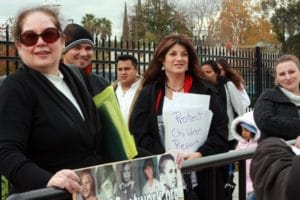

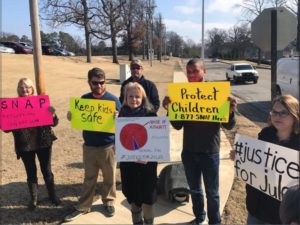

- Inspire those suffering alone and in silence; Give Hope
- Motivate and empower the Movement collective action across the sectors and regions
- Foster connection, collaboration, and cooperation between and among the various organizations, initiatives, associations, and coalitions; End the siloed nature of hundreds of organizations to make links
- Build solidarity between and among Movement groups and individuals
- Challenge and change the culture of sexual abuse, child abuse, and misogyny
- Document the growth and development of the Survivors Movement to build solidarity and give hope for future change
- Demonstration of power and influence in social culture and political life; a soccial force, the Me Too Movement enriched and enlivened the Survivors Movement
- Inspire those suffering alone and in silence; Give Hope
- Motivate and empower the Movement collective action across the sectors and regions
- Foster connection, collaboration, and cooperation between and among the various organizations, initiatives, associations, and coalitions; End the siloed nature of hundreds of organizations to make links
- Build solidarity between and among Movement groups and individuals
- Challenge and change the culture of sexual abuse, child abuse, and misogyny
- Document the growth and development of the Survivors Movement to build solidarity and give hope for future change
- Demonstration of power and influence in social culture and political life; a soccial force, the Me Too Movement enriched and enlivened the Survivors Movement
Get Political
Survivors Movement Compels Action
No longer will a victim stand alone when facing the onslaught of hostility and victim shaming by an institution such as a church or school. A victim now steps forward a member of a powerful movement of survivors.
As the movement gains power and influence it can compel changes in ideology, culture, and politics. When a victim speaks to the legislature, they stand forward as a courageous survivor of a Survivors Movement
When the collection of organizations collaborates as a movement that has more power than a gaggle of organizations acting individually. Cooperation, collaboration, and coordination magnify the strength of any single person or organization.
Knowledge and understanding that there is a new social movement help all victims and survivors to build solidarity and mutual support. The Movement also has the ability to solidify social acceptance; change the conversation where survivors’ voices dominate, compel legislators to make reforms, and help prevent future abuse.
More awareness of a movement will strengthen each separate element; the wider the knowledge of the history, scope, and breadth of the Movement the greater is its influence and power
Give hope—we are winning. There is a future ahead where all are given respect and dignity.
Get Political
Survivors Movement Compels Action
No longer will a victim stand alone when facing the onslaught of hostility and victim shaming by an institution such as a church or school. A victim now steps forward a member of a powerful movement of survivors.
As the movement gains power and influence it can compel changes in ideology, culture, and politics. When a victim speaks to the legislature, they stand forward as a courageous survivor of a Survivors Movement
When the collection of organizations collaborates as a movement that has more power than a gaggle of organizations acting individually. Cooperation, collaboration, and coordination magnify the strength of any single person or organization.
Knowledge and understanding that there is a new social movement help all victims and survivors to build solidarity and mutual support. The Movement also has the ability to solidify social acceptance; change the conversation where survivors’ voices dominate, compel legislators to make reforms, and help prevent future abuse.
More awareness of a movement will strengthen each separate element; the wider the knowledge of the history, scope, and breadth of the Movement the greater is its influence and power
Give hope—we are winning. There is a future ahead where all are given respect and dignity.




